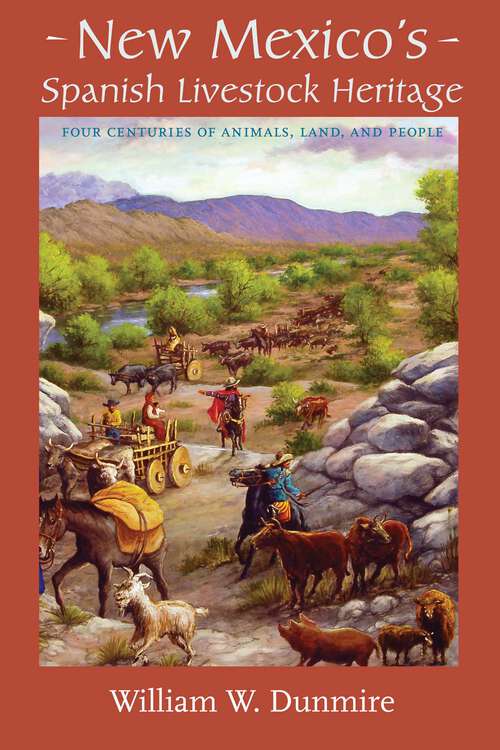
New Mexico's Spanish Livestock Heritage: Four Centuries of Animals, Land, and People
United States history
Synthetic audio, Automated braille
Summary
The Spanish introduced European livestock to the New World—not only cattle and horses but also mules, donkeys, sheep, goats, pigs, and poultry. This survey of the history of domestic livestock in New Mexico is the first of its kind, going… beyond cowboy culture to examine the ways Spaniards, Indians, and Anglos used animals and how those uses affected the region&’s landscapes and cultures.The author has mined the observations of travelers and the work of earlier historians and other scholars to provide a history of livestock in New Mexico from 1540 to the present. He includes general background on animal domestication in the Old World and the New during pre-Columbian times, along with specific information on each of the six livestock species brought to New Mexico by the early Spanish colonists. Separate chapters deal with the impacts of Spanish livestock on the state&’s native population and upon the land itself, and a final chapter explains New Mexico&’s place in the larger American livestock scene.